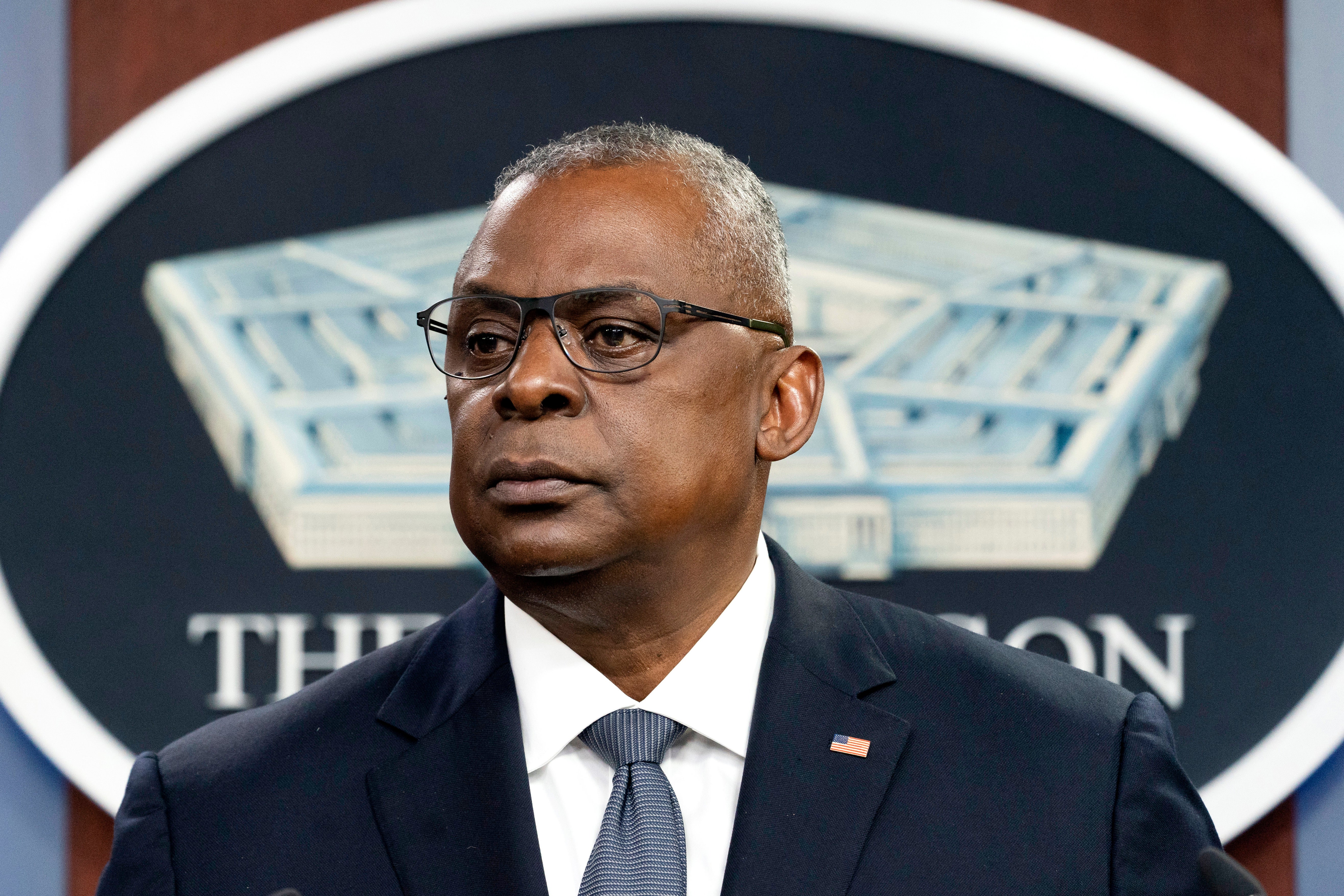Pentagon issues rules aimed at stopping rise of extremism
Warning that extremism in the ranks is increasing, Pentagon officials are issuing detailed new rules prohibiting service members from actively engaging in extremist activities

Your support helps us to tell the story
From reproductive rights to climate change to Big Tech, The Independent is on the ground when the story is developing. Whether it's investigating the financials of Elon Musk's pro-Trump PAC or producing our latest documentary, 'The A Word', which shines a light on the American women fighting for reproductive rights, we know how important it is to parse out the facts from the messaging.
At such a critical moment in US history, we need reporters on the ground. Your donation allows us to keep sending journalists to speak to both sides of the story.
The Independent is trusted by Americans across the entire political spectrum. And unlike many other quality news outlets, we choose not to lock Americans out of our reporting and analysis with paywalls. We believe quality journalism should be available to everyone, paid for by those who can afford it.
Your support makes all the difference.Warning that extremism in the ranks is increasing, Pentagon officials are issuing detailed new rules prohibiting service members from actively engaging in extremist activities. The new guidelines come nearly a year after some current and former service members participated in the riot at the US Capitol, triggering a broad department review.
Senior defense officials tell The Associated Press that fewer than 100 military members are known to have been involved in substantiated cases of extremist activity in the past year, but they warn that the number may grow given recent spikes in domestic violent extremism, particularly among veterans.
Officials said the new policy doesn't largely change what is prohibited, but is more of an effort to make sure troops are clear on what they can and can't do, while still protecting their First Amendment free speech rights. And for the first time, it is far more specific about social media.
The new policy lays out in detail the banned activities, which range from advocating terrorism or supporting the overthrow of the government to fundraising or rallying on behalf of an extremist group or “liking” or reposting extremist views on social media. The rules also specify that commanders must determine two things in order for someone to be held accountable: that the action was an extremist activity, as defined in the rules, and that the service member “actively participated” in that prohibited activity.
Previous policies banned extremist activities but didn't go into such great detail, and also did not specify the two step process to determine someone accountable.
What was wrong yesterday is still wrong today, said one senior defense official. But several officials said that as a study group spoke with service members this year they found that many wanted clearer definitions of what was not allowed. The officials spoke about the new rules on condition of anonymity because they have not yet been made public.
The military has long been aware of small numbers of white supremacists and other extremists among the troops. But Defense Secretary Lloyd Austin and other leaders launched a broader campaign to root out extremism in the force after it became clear that military veterans and some current service members were present at the Jan. 6 insurrection.